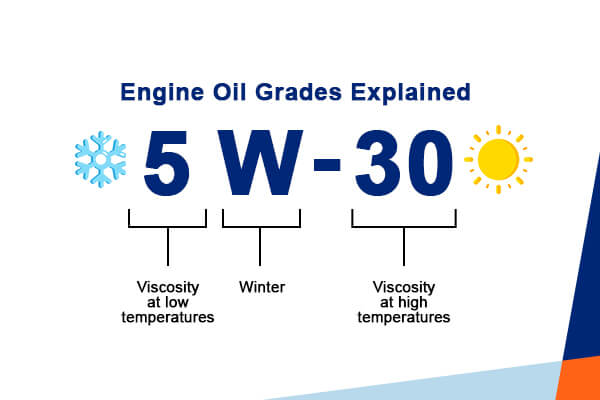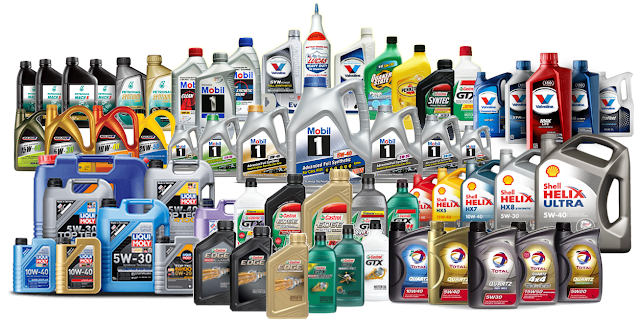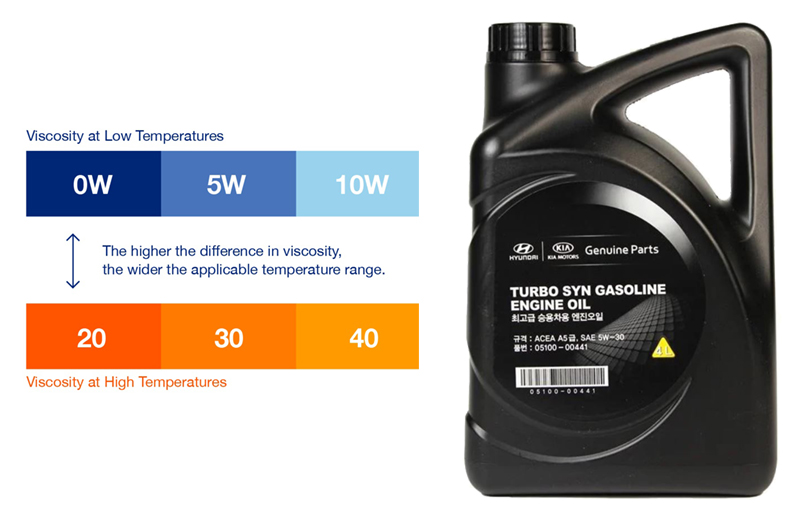Engine oil is the lifeblood of a vehicle’s engine, ensuring smooth operation, reducing friction, and preventing excessive wear and tear. Choosing the right engine oil is essential for maintaining performance, fuel efficiency, and engine longevity. One of the most important factors to consider is the engine oil grade, which determines its viscosity and suitability for different driving conditions.
Understanding Engine Oil Grades
Engine oil grades are classified by the Society of Automotive Engineers (SAE) and denote the viscosity of the oil. Viscosity refers to the oil’s resistance to flow at different temperatures.
Engine Oil Grades Chart
 The engine oil grades chart consists of numerical values such as 0W-20, 5W-30, and 10W-40, where:
The engine oil grades chart consists of numerical values such as 0W-20, 5W-30, and 10W-40, where:
- The number before ‘W’ (Winter) indicates the oil’s viscosity at cold temperatures.
- The number after ‘W’ represents the viscosity at high temperatures (100°C).
- A lower first number means better performance in cold climates, while a higher second number offers better protection in hot conditions.
For more details on choosing the right oil, visit our Engine Oil Grades Chart.
Common Engine Oil Grades and Their Applications
- 0W-20 and 5W-20
- Best for modern petrol and hybrid engines.
- Provides excellent fuel efficiency.
- Ideal for colder climates.
- Check the engine oil specifications to match your vehicle’s needs.
- 5W-30
- Suitable for a wide range of vehicles.
- Offers a balance of efficiency and engine protection.
- Works well in moderate climates.
- Refer to the engine oil grades list to determine compatibility.

- Choosing the Right Engine Oil10W-40 and 15W-40
- Used for high-performance and older engines.
- Provides superior protection under extreme heat.
- Recommended for heavy-duty vehicles.
- Learn more about engine oil grades according to mileage for your car.
- 20W-50
-
- Best suited for older engines and hotter climates.
- Reduces oil consumption in older vehicles.
- Offers strong protection for high-mileage cars.
- Get insights on engine oil specifications based on vehicle requirements.
Choosing the Right Engine Oil
Selecting the right oil depends on factors like the vehicle’s make, model, and driving conditions. Manufacturers specify the recommended oil grade in the owner’s manual. The right oil ensures better lubrication, minimizes engine wear, and optimizes fuel consumption.
 When to Change Engine Oil?
When to Change Engine Oil?
Frequent oil changes help maintain optimal engine health. Factors affecting oil change intervals include:
 Driving conditions: Stop-and-go traffic or extreme temperatures may require frequent oil changes.
Driving conditions: Stop-and-go traffic or extreme temperatures may require frequent oil changes.- Mileage: High-mileage vehicles may require different oil grades for added protection.
- Oil type: Synthetic oils last longer compared to conventional oils.
To schedule an oil change, check our engine oil grades according to mileage service.
Final Thoughts
Understanding engine oil grades is essential for prolonging engine life and ensuring optimal performance. Regular maintenance and selecting the correct oil grade improve efficiency and longevity. Always follow manufacturer recommendations and consult professionals for the best results.
Explore our engine oil grades list to make the right choice for your vehicle today.













